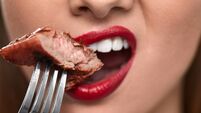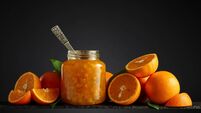Natural Health: I'm finding it difficult to cut down on my coffee intake

The coffee-drinking culture revolves around being productive, driven, and doing it all. By contrast, the tea culture is of sitting down, relaxing, and unwinding, even though regular tea from the Camellia sinensis plant also contains caffeine.
The coffee-drinking culture revolves around being productive, driven, and doing it all. By contrast, the tea culture is of sitting down, relaxing, and unwinding, even though regular tea from the Camellia sinensis plant also contains caffeine.











